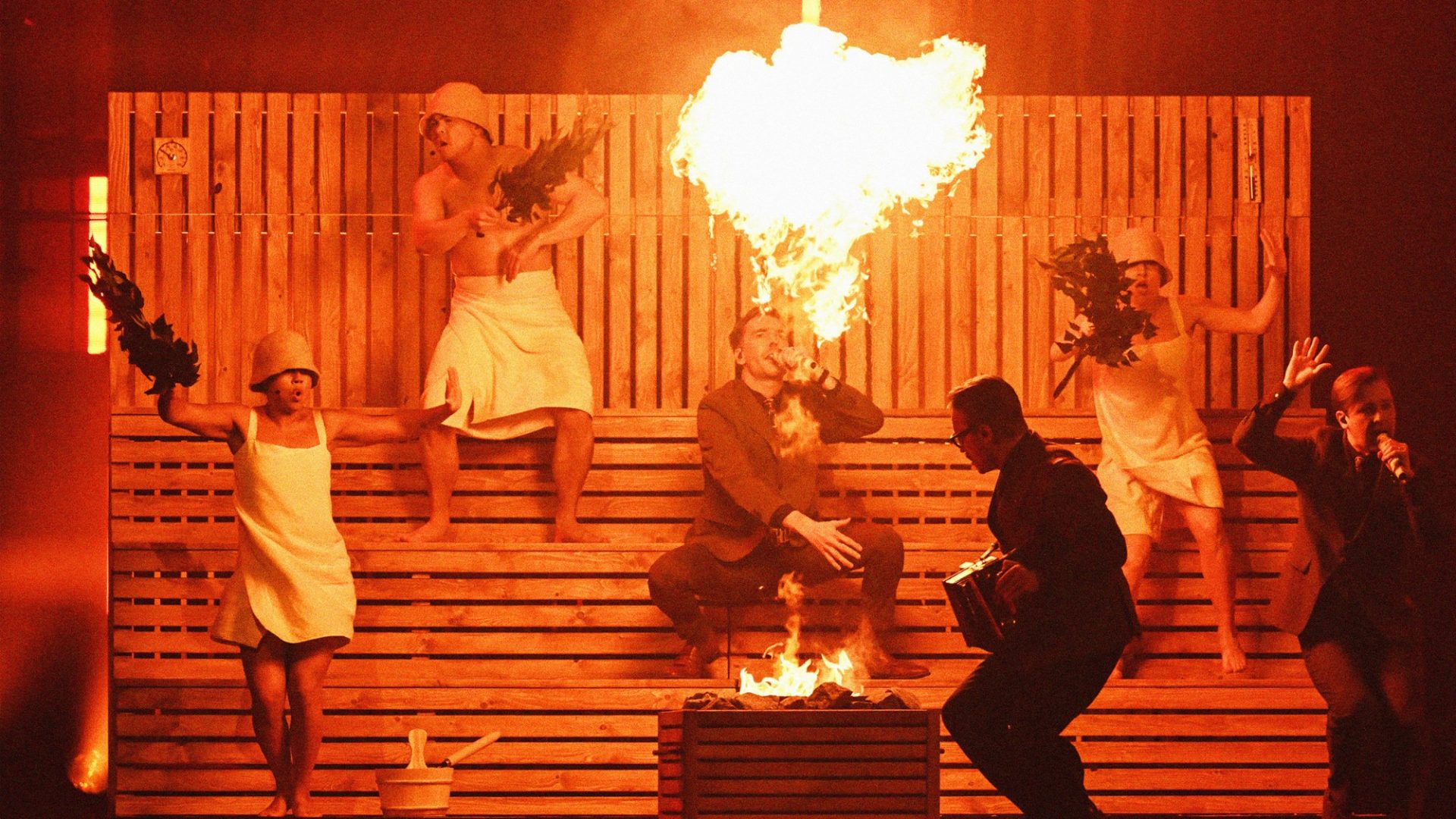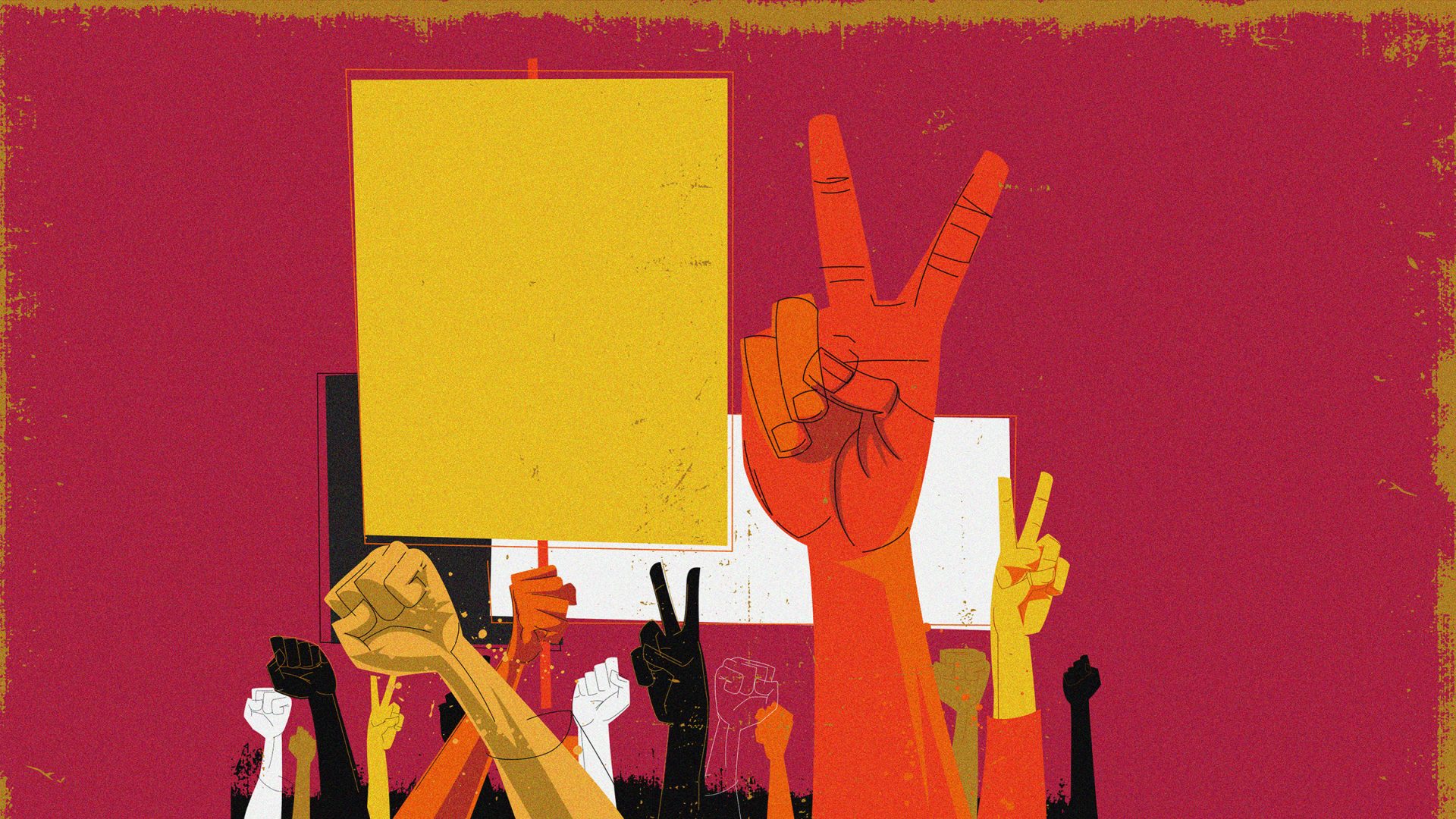My first car after moving to Finland was a rustbucket Saab. Patching its leaks was Jouko, a mechanic who lived nearby. He didn’t charge much, but I had to fetch him bottles of fortified raspberry wine by way of payment. Jouko was one of hundreds of thousands of Finns who went to work in neighbouring Sweden’s car and chocolate factories back in the late 1960s and early 70s. He knew a thing or two about cars.
There ended up being so many Finns working at the Volvo plant back then that they built their own sauna, that emblem of Finnish culture (and the only Finnish word widely used in other languages). The Finns were the first big wave of immigration into Sweden. Back then, most Finnish immigrants had only a basic education, and were seen by many Swedes as drunken louts.
Now that they are back in Finland, Jouko and many other former émigrés see no irony in supporting the anti-immigrant Finns Party, the second-largest group in the Finnish government and parliament. But if there’s one thing that blurs the lines of Finnish nationalism more than anything, it’s Eurovision.
In 1974, Finnish labourers in Sweden partied along with their neighbours as Sweden won the Eurovision Song Contest for the first time. According to ABBA’s Waterloo, “the history book on the shelf/is always repeating itself” – and indeed, Sweden won the competition six more times. Two years ago in Liverpool, Sweden’s Loreen narrowly defeated Käärijä, from Finland.
Despite that near-win and the 2006 fluke victory by a monster-metal band called Lordi, Finland has one of Eurovision’s worst track records, coming last nearly a dozen times. Meanwhile, Sweden is tied with Ireland for the most wins ever, and is generally worlds ahead of Finland in terms of pop cultural exports. The Finns still have a slight inferiority complex about that, made more acute by the fact that Sweden used to rule Finland.
The two countries now have a mostly affectionate rivalry, focused mainly on sport. As they say here: “What’s most important is not that Finland wins, but that Sweden loses.”
On the security front, many older Finns still resent Sweden’s reliance on them as a buffer zone against Russia, and for having cashed in as a neutral state during the second world war. That bubbled up again when the two countries applied to join Nato after Moscow’s invasion of Ukraine. Finland joined in 2023, but Sweden’s application took longer. In that intervening period, it looked as if Sweden might again coast along as a freeloader, surrounded by a protective layer of Nato states, with no need to make the commitment itself. Sweden did eventually join, but Finland’s anxiety was clear.
So there was a historical frisson this spring when Sweden, which nearly always sends slickly produced English-language pop songs to Eurovision, chose KAJ, a goofy Finnish comedy trio, to represent it in the contest. Their tune Bara bada bastu (roughly “Just Take a Sauna”), is a tongue-in-cheek celebration of Finnish sauna culture that is now leading the bookies’ odds to win Eurovision.
The group, from tiny Vörå on Finland’s west coast, is part of Finland’s gradually dwindling 5% Swedish-speaking minority clustered along the shores of Finland’s far west. The group won the Swedish qualifiers, perhaps partly thanks to votes from some of the 700,000 Swedes of Finnish origin.
In Finland, that minority is represented by the Swedish People’s Party, traditionally a defender of the rights of Swedish-speakers in Finland, but now in an uneasy government coalition with the nativist Finns Party, which has fought to remove obligatory Swedish classes from schools. The Finns Party’s support has collapsed recently. Many party diehards feel betrayed by its support for cutting benefits while giving big tax cuts to the wealthy elite.
In the eyes of many Finns, that “elite” includes most of the country’s Swedish speakers, who tend to be more affluent, especially in the Helsinki area, where there are many successful Swedes in business, politics and culture.
But most Swedish speakers are farmers, fishers and maritime folk who live in small towns like Vörå, home of KAJ. That rural municipality on the west coast has its own Swedish dialect and close cultural ties to Sweden, which lies 100km across the Gulf of Bothnia. Meanwhile, Finland’s own entry this year, leather-clad Erika Vikman, sings partly in German in an effort to woo central European voters. Finns, for once, may find themselves celebrating a Swedish win.
Wif Stenger is a journalist with the Finnish Broadcasting Company



